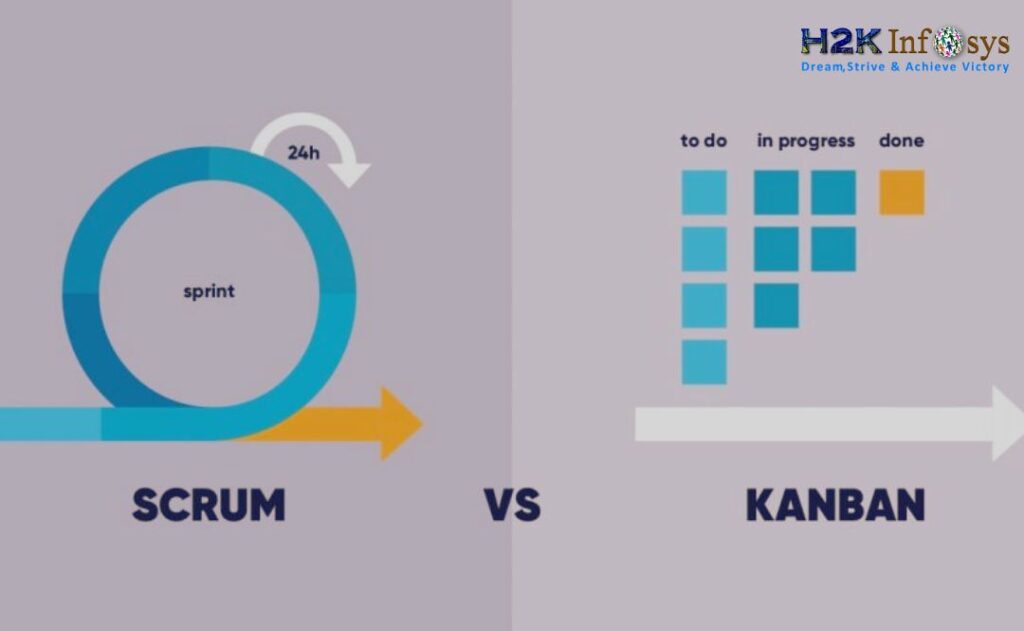Despite what many people think, branding is not solely the domain of companies. Every professional, including business analysts, has a unique background, aspirations, and areas of expertise that can be highlighted and shared. Personal branding is the process of showcasing these individual traits, skills, and values to create a distinct identity that sets you apart from others in your field.
In today’s increasingly digital world, personal branding is no longer just a “nice to have” it is now a necessity. Professionals are expected to maintain an online presence that reflects their expertise and career goals. Whether through social media profiles, personal websites, or thought leadership content, personal branding allows individuals to position themselves as experts in their field.
By developing a strong personal brand, you can attract opportunities, build credibility, and establish a network of peers and mentors who recognize your value. In fields like business analysis, where competition is fierce, having a well-defined personal brand can be a key differentiator that opens doors to new projects, promotions, and career advancement.
In essence, personal branding is about taking control of your professional narrative. It’s about demonstrating your strengths and achievements in a way that resonates with your target audience, whether that’s employers, clients, or colleagues. With a robust personal brand, you not only enhance your visibility in the industry but also reinforce your credibility and trustworthiness as a business analysis professional.
It has several interesting offerings, which is a plus.
Strong brands stand out from the competition. Additionally, establishing a strong personal brand for yourself as a business analyst will open up additional doors, raise your profile, and improve client interactions. You can enroll at a good business analyst training to learn more about personal branding.
When you build a personal brand, you’re showcasing your unique expertise, insights, and approach to business analysis. This positions you as a thought leader in the field, someone who can provide value and solutions to complex challenges. With a strong personal brand, you can attract higher-quality opportunities, whether that’s securing better projects, building stronger client relationships, or being sought after for strategic roles.
In addition to improving client interactions and boosting your professional network, a personal brand can also help you align your career with your passions and long term goals. It’s a way of taking control of your professional identity, ensuring that you’re recognized for your unique strengths and contributions.
Understand the value of Branding
In the past, branding was something that businesses merely performed for branding reasons. But now that every business has a brand, it is more crucial than ever to have a great brand.
Being a competent expert is one thing; providing something distinctive and exceptional is quite another. And what better way to stand out than to portray yourself as someone who offers the world something new, intriguing, and worthwhile?
When they build a brand that stands out, skilled marketing and PR experts do just that. However, there are tools you can utilise to assist you in developing a personal brand that leaves a lasting impression, just like with everything marketing related.
Use Social Media to Build Your Brand!
Because business executives and professionals are evaluated based on their social media presence in addition to their jobs and achievements. They may stand out to others if they seem content and enthusiastic about their own careers, which can also help them develop their own brands.
Professionals who exude contentment and enthusiasm for their careers tend to attract attention and opportunities. Their passion becomes contagious, making them more memorable to colleagues, potential employers, or clients. By sharing their journey, challenges, and successes, they are not only building their own brand but also inspiring others along the way.
Ultimately, developing a strong personal brand through social media can open doors to new professional relationships, opportunities for career growth, and increased recognition in their field. It allows professionals to craft a narrative around their career, making them more approachable, relatable, and visible to a global audience. This kind of personal branding is essential for anyone looking to thrive and grow in today’s digital age
You can create your own brand in a variety of ways using social media, including:
- To showcase your work and personality, tweet and post to your professional network.
- Repost news articles from your favourite industry news sources.
- Engage with people on your network and spread their stories to others.
- Tag other professionals you know who have similar skills and interests.
Put your personal brand into practice in every area of your life.
Director of Marketing at MCM Advertising Elizabeth Nichols claims, “We focus so much on what we do, but that doesn’t differentiate us from everyone else.”
“A brand, on the other hand, speaks to the values that people connect with it and has a distinctive flavour. It expresses who you are and what you stand for.
It is advised that increase your visibility by establishing yourself as a thought leader by revealing your ideas and experiences. You can achieve this by actively participating in social media discussions, creating material around your area of expertise, and bringing a fresh perspective to your regular activities.
If you aren’t employed by a corporation, Nichols advises disclosing your extracurricular activities.
Why is personal branding important?
A business is similar to personal branding in that each corporate entity has a distinct personality that characterises it. This also applies to brand ambassadors. It’s critical to develop your own brand if you hold a leadership position. This is why.
It is said to be a trend, but personal branding is not. It has been used by professional sportsmen for decades to draw spectators, sponsors, and money. It has been around for years, at least since the time of the ancient Greeks. Numerous elements, such as an image, a name, a logo, a tagline, and a biography, go into creating a personal brand. If you want to be seen and you want to take advantage of all the benefits that come with developing a personal brand, you should think about these 5 tips.
The first thing to keep in mind is that you must first reflect before developing your brand. As you develop your brand, ask yourself the questions that will help you. like “Who am I? Who do I want to be remembered as?
It will be simpler to move forward with the creation of your brand after you can respond to these questions. As you use your personality and abilities to spread your message to the world, you should be aware that your brand is a combination of both. This could take the shape of a podcast, book, blog, etc.
Your personal brand is a reflection of both your expertise and your individuality. It’s the combination of your professional skills and your personal values that makes your brand truly unique. Whether you choose to express this through a podcast, book, blog, or other platforms, the goal is to create a lasting impression that resonates with your audience.
As you build your brand, you are telling a story your story. It’s about how you can solve problems, provide insights, and influence others, all while staying authentic to yourself. With the right approach, your brand can open doors to new opportunities, establish you as a thought leader in business analysis, and inspire others to connect with you professionally and personally.
Remember, creating a personal brand is an ongoing journey. It evolves as you grow in your career, and the platforms you use whether it’s social media, a blog, or even public speaking are simply tools to help amplify your message to the world.
The first advice you ought to take into account is:
- Who am I trying to be?
- Make a website that represents you.
- Improve your networking abilities
- Join social media conversations.
Personal branding is a practice that ought to be treated more like a business than a pastime. If you tackle it carefully, the value of your personal brand can convert into a greater income, but it should not be ignored.
Conclusion
While working for a large organisation may be your ultimate aim, developing your own personal brand is equally vital.
But how do you go about doing this? How do you develop a unique identity that makes you stand out, contributes to your uniqueness, and entertainingly and interestingly conveys your own story?
Attempt to establish a powerful personal brand. It will assist you in creating a clear mission statement, finding your voice, and maintaining consistency. If you can accomplish these three things, your level of success will significantly grow over time.
What project are you engaged in? What will your personal brand change and what does it say about you? How can you start moving these things along right away?
Make your personal brand business analysis course into a true asset rather than a liability by taking the next step.
Call to Action:
Take the next step and make your personal brand a true asset, rather than a liability. Check out the business analysis course to learn more.
Take the next step in building your personal brand and career by enrolling in our Business Analyst Training program today. H2K Infosys provides flexible online classes, expert led instruction, and real-world projects designed to help you stand out in the job market.


























